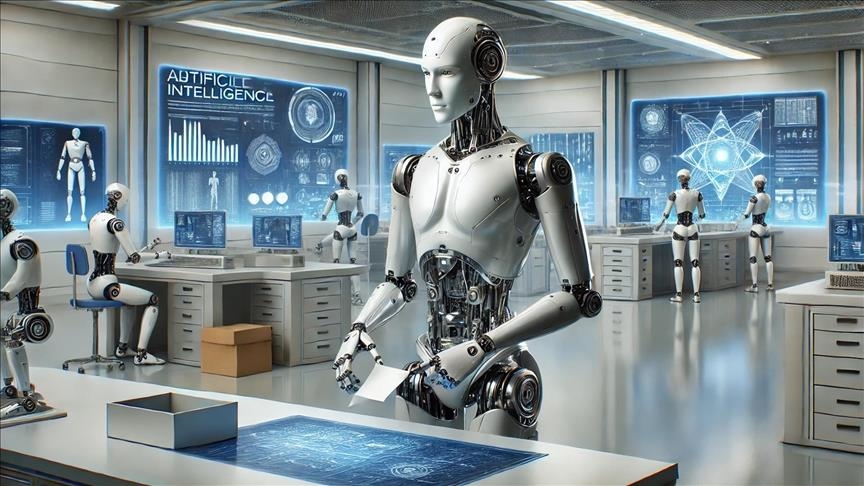The advent of AI in automotive quality control is revolutionizing how manufacturers ensure the highest standards of product quality. As the automotive industry continues to expand, maintaining quality control is crucial. Artificial Intelligence (AI) is playing a significant role in enhancing these processes. By integrating AI, manufacturers are able to improve accuracy, reduce costs, and increase efficiency.

Introduction to AI in Automotive
The use of AI in automotive quality control is a relatively new yet rapidly growing field. It encompasses a range of technologies that aim to streamline production processes. AI systems can analyze vast amounts of data quickly and accurately, identifying potential defects and inconsistencies before they become significant issues. This proactive approach helps companies maintain consistency in their products.
How AI is Enhancing Quality Control
Data Analysis and Processing
AI technologies, such as machine learning algorithms, are capable of processing and analyzing large datasets. This allows for real-time quality assessments and the identification of any irregularities or defects in the production line. By leveraging AI quality inspection solutions, manufacturers can achieve higher accuracy and faster processing speeds.
Predictive Maintenance
AI-driven predictive maintenance tools can forecast equipment failures before they occur. This is achieved by analyzing patterns and trends from historical data. The ability to predict failures allows manufacturers to perform maintenance activities proactively, reducing downtime and saving costs. More details can be found in this article on AI for production line quality assurance.
Benefits of Implementing AI in Automotive Quality Control
Increased Efficiency
By utilizing AI, manufacturers can streamline their operations, resulting in faster production times and improved efficiency. AI systems can work continuously, without the need for breaks, significantly increasing productivity.
Cost Reduction
AI systems in quality control help identify defects early in the production process, reducing waste and rework costs. The reduction in manual inspection requirements also helps lower labor costs.
Improved Accuracy
AI-powered quality control systems are capable of detecting even the smallest defects that might be overlooked by human inspectors. This leads to a higher level of accuracy in the final product quality.
Challenges in AI Adoption
Despite the numerous benefits, there are challenges in adopting AI in automotive quality control. These include high initial setup costs, the need for skilled personnel to manage AI systems, and the integration of AI with existing systems.
Future of AI in Automotive Quality Control
The future of AI in the automotive industry is promising. With continuous advancements in technology, AI systems are expected to become more sophisticated, offering even greater efficiency and accuracy. Innovations such as robotic vision for quality are paving the way for more automated and precise quality control processes.
Conclusion
In conclusion, the integration of AI in automotive quality control is transforming the industry. With its numerous benefits, including increased efficiency, cost reduction, and improved accuracy, AI is set to play a pivotal role in the future of automotive manufacturing.
FAQs
What is AI in automotive quality control?
AI in automotive quality control refers to the use of artificial intelligence technologies to enhance and streamline the process of ensuring product quality in the automotive industry.
How does AI improve quality control?
AI improves quality control by analyzing large datasets to identify defects early, forecasting equipment failures, and enhancing accuracy in the inspection process.
What are the challenges of implementing AI in quality control?
Challenges include high initial setup costs, the need for skilled personnel, and integration with existing systems.

Learn More
For further insights into AI technologies in manufacturing, you can visit this article.
This article contains affiliate links. We may earn a commission at no extra cost to you.

